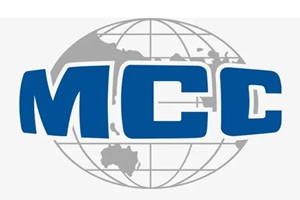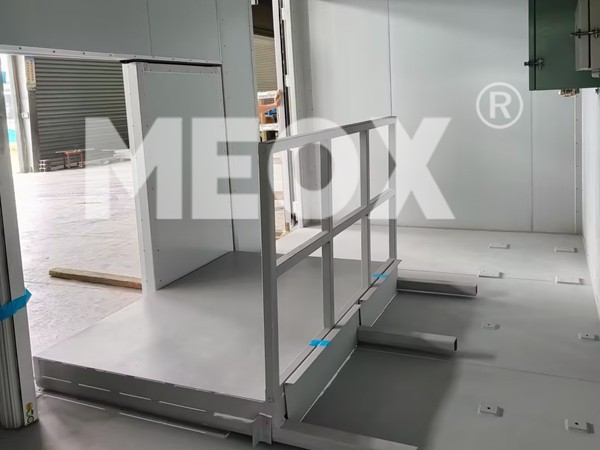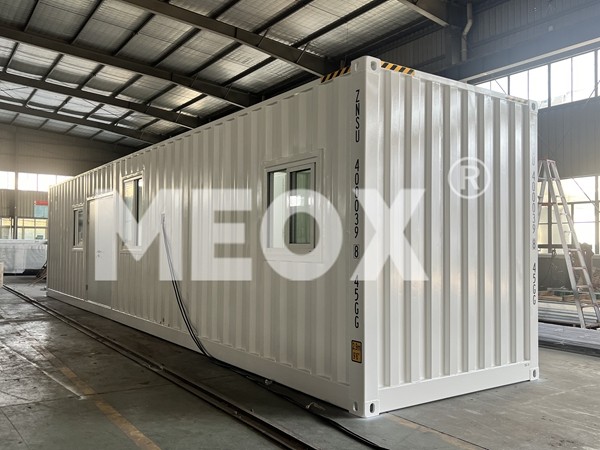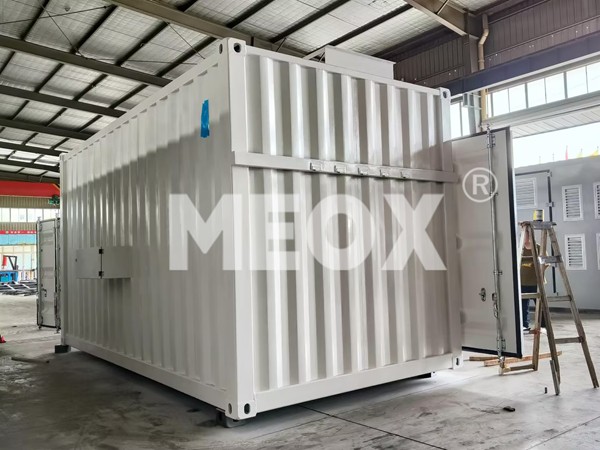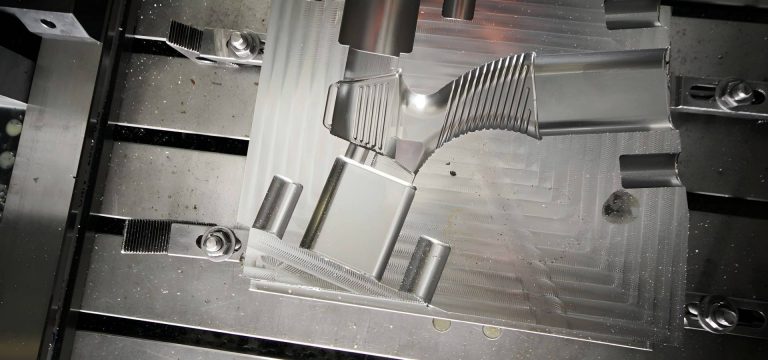Growing food in shipping containers is transforming the agriculture landscape. Tucked away in urban environments, these modular farms are making fresh produce more accessible, sustainable, and efficient. Here, I’ll delve into the expertise behind these innovations, share authoritative insights from industry leaders, and uncover real-world experiences that underscore trustworthiness in this burgeoning field.
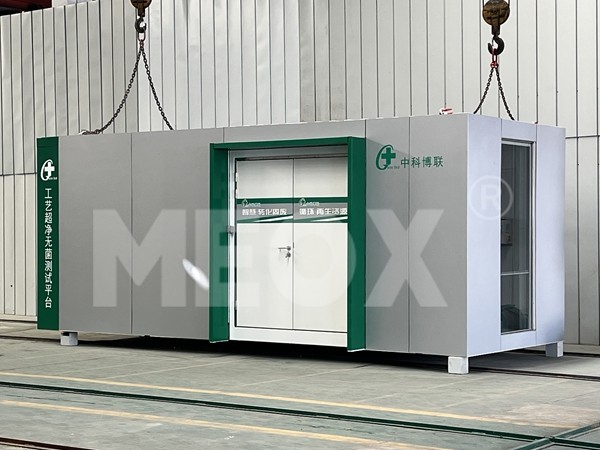
Shipping containers, initially crafted to transport goods across oceans, are now ingeniously repurposed into fertile grounds for growing food. Companies specializing in vertical farming are spearheading this transformation. By harnessing hydroponics and advanced climate control, these enterprises enable crops to thrive in tightly controlled environments. One such pioneer is Freight Farms, which has developed container farms that can cultivate a variety of crops year-round, regardless of external weather conditions.
The effectiveness of these systems hinges on precise technological integrations. Expertise in horticulture and environmental control is critical in achieving optimal growth. Hydroponic systems, for instance, forgo traditional soil, using nutrient-rich water that circulates around the plant roots, feeding them directly. LED lighting, tailored to emit the specific red and blue spectra that plants utilize in photosynthesis, ensures robust growth. This tactic not only emulates sunlight but also maximizes energy efficiency, essential in maintaining sustainability.
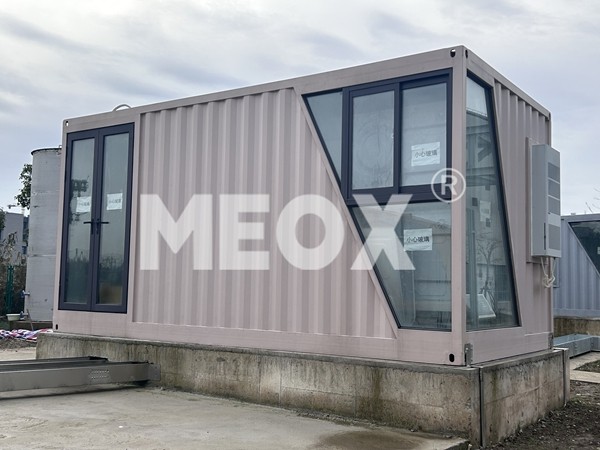
Furthermore, the modular nature of shipping container farms meets the growing demands for local produce. Cities like New York and Boston have embraced this innovation, establishing micro-farms adjacent to consumer bases, thus reducing transportation costs and carbon footprints significantly. When speaking of authority in the domain, it’s crucial to mention prominent voices like Dr. Dickson Despommier, a vertical farming advocate, who has long highlighted the importance of urban agriculture in addressing food security challenges.
Reflecting on real-world experiences, user stories highlight the non-traditional farmers stepping into this space. Many are urban dwellers without prior farming experience, emboldened by accessible technology and turnkey solutions provided by container farming companies. Insights from a former tech engineer turned urban farmer illustrate the process embracing new agricultural knowledge, mastering data analytics to monitor plant health, and leveraging apps designed to alert users to any parameter discrepancies within the containers.growing food in shipping containers
Critically, food safety and trustworthiness are foregrounded in this paradigm. Containers can be sealed environments devoid of external chemical influences, thus reducing potential pesticide contamination. Controlled environment agriculture (CEA) systems bolster consumer confidence by offering traceable and transparent food production processes. The emergence of blockchain technology is facilitating this further. Some container farms are beginning to implement blockchain to ensure every step from seed to table is tracked, enhancing credibility and offering consumers insight into the origin and quality of their food.
The movement towards container farming is not exclusive to high-tech companies. Educational institutions and community organizations are also adopting these systems to promote food literacy and encourage sustainable practices from a grassroots level. By cultivating a connection between people and what they consume, these initiatives lay the groundwork for healthier, informed communities.
Yet, challenges do exist in scaling operations. Initial setup costs, technological upkeep, and energy requirements pose significant hurdles for expansion. Innovative solutions and democratized access to technology will be paramount in overcoming these obstacles. Collaborative efforts within governmental and private sectors could offer support structures, incentivizing broader adoption.
In conclusion, growing food in shipping containers is more than a novel idea; it’s a manifestation of human ingenuity responding to contemporary environmental and societal pressures. Agriculture’s future in urban landscapes hinges on this trend, merging expertise and innovation with the timeless necessity of nourishment. Those embedded in this field, whether as pioneers or participants, wield the power to redefine our food systems for a sustainable future. The promise of cultivating food anywhere, anytime, is no longer just an aspiration—it’s quickly becoming an integral part of our urban existence.


